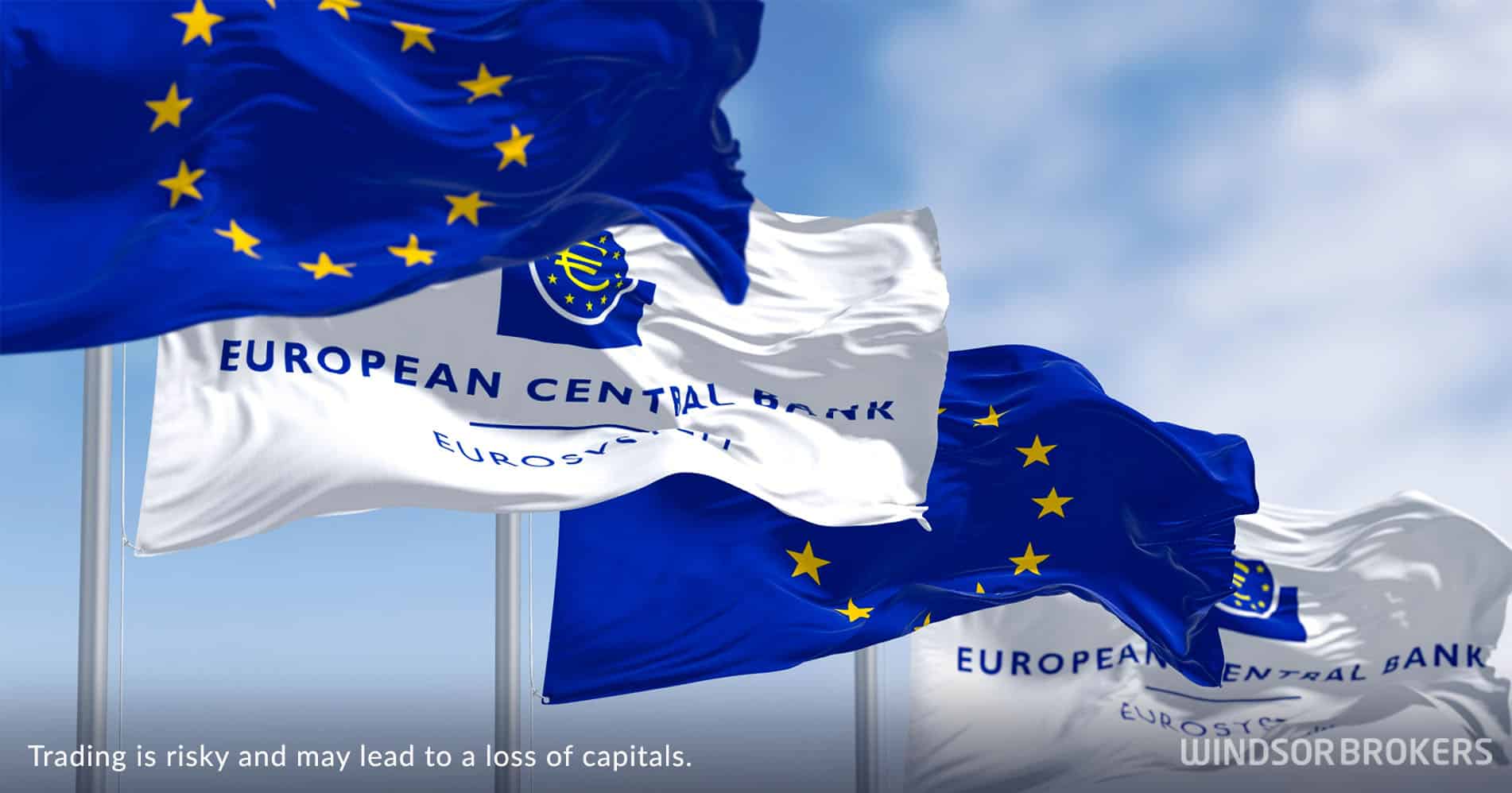European Central Bank cuts interest rates by 0.25%. as expected
The European Central Bank cut interest rates as expected on Thursday, marking the eighth reduction since last June—a total decrease of 2%. This move is part of the ECB’s most aggressive easing cycle since the 2008/2009 global financial crisis, aimed at supporting a euro zone economy that was already under pressure before being further impacted by erratic U.S. economic and trade policies.
With inflation now aligned with the ECB’s 2% target and the latest rate cut well signaled in advance, market focus has shifted to the bank’s guidance on future policy. At 2%, interest rates are now in the so-called “neutral” range, meaning they neither stimulate nor restrain economic growth.
“At the current level, we believe we are in a good position to navigate the uncertain circumstances that will be coming up,” ECB President Christine Lagarde said at a press conference.
She emphasized, however, that the ECB would not “pre-commit” to a specific rate path. Lagarde also noted that policymakers were virtually unanimous in supporting the decision to cut rates.
Investors are increasingly expecting a pause in rate cuts by July, a view echoed by some conservative ECB members who have called for a break to reassess the impact of global uncertainty and shifting policy dynamics at home and abroad.
Lagarde also highlighted both upside and downside risks to inflation. Falling energy prices and a stronger euro could further reduce inflation. This effect might be amplified if higher tariffs dampen demand for euro zone exports and lead to a re-routing of global overcapacity toward Europe.
Conversely, a fragmentation of global supply chains could push inflation higher by increasing import costs and straining domestic production capacity.


